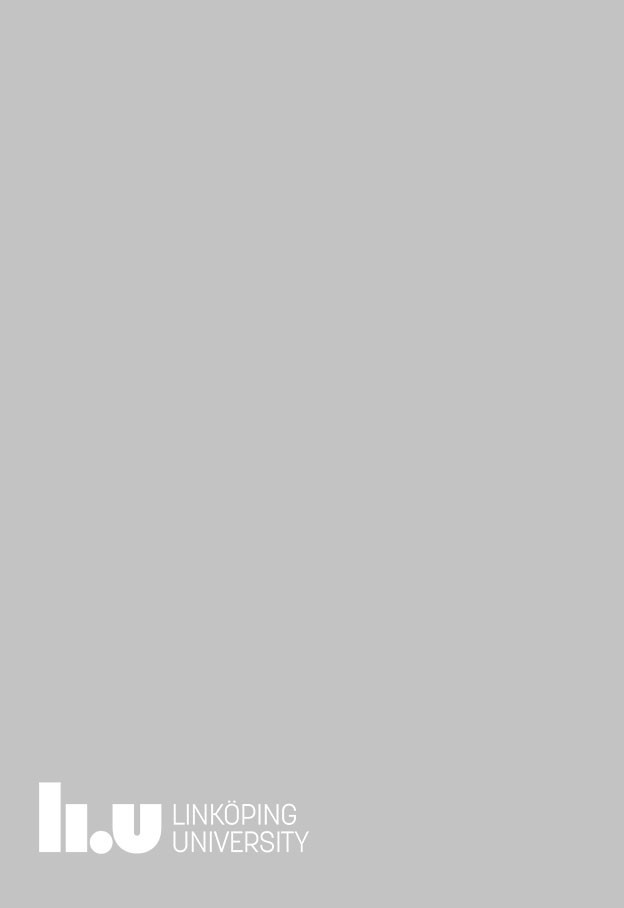This programme starts from the assumption that screening programmes can help do things: help form what their users should do and how they should understand and care for their bodies and bodily futures. In order to explore whether and if so how this is the case, it combines qualitative research with philosophy. The programme examines the practices, opportunities, and challenges of and within two forms of screenings and one survey of health and well-being. It argues that while these aspects often have been left out when ethical guidelines for screening are developed, this is unfortunate.
The programme cross-pollinates phenomenology of medicine and feminist phenomenology with STS and feminist techno science. It combines the analysis of lived experiences of embodiment, normality, health, illness, and risk (the contribution from phenomenology of medicine and feminist phenomenology) with a norm critical take on the co-construction of technological, socio-political, economic and ethical dimensions when screening technology is developed and used (the contribution from STS and feminist techno science). It develops a joint analytic framework for the analysis of pre-conception screening of adults before trying to get pregnant in Holland, screening for dementia, and the survey of mental health and wellbeing among school children and teenagers.
Normativity, Embodiment and Materiality
The programme examines the co-emergence of subjects, agency and normativity in these forms of screenings and the survey, asking: How are these screenings or the survey experienced, by the screened subjects, and how are conceptions of health, disease, normality and risk expressed or enacted within them? Are norms about bodies, health, and about care for one’s future bodily self expressed, and if so, how – and how are such conceptions and norms made sense of, transformed or resisted by screened subjects?
Noting the shared concern with normativity within medical practices and the role of corporeality/materiality for agency between these theoretical perspectives, and the rareness of dialogue between them, the programme combines these with the aim of contributing to the analysis of ethical dimensions of screening. Rather than viewing economical, ethical, and socio-cultural dimensions as external parameters, the programme examines the co-shaping of socio-cultural dimensions and screening practices and questionnaires about health and well being, and engages with the individual, situated, and experienced bodily subject who is screened.
Collaborative work with Norm-Critical Designers
In line with the programme’s effort to engage with normativity in innovative ways, its results will be transformed transformed into screening artefacts for public display, through collaborative work with norm critical designers. The aim of these screening artefact - things - is to help bring out questions and aspects of what screening can do, apart from identifying risks for disease, based on the programme's results. Thus, the programme contributes to discussions of impact within the humanities and social sciences beyond the writing of texts.
The program is financed by the Swedish Research Council (2017-2023).




